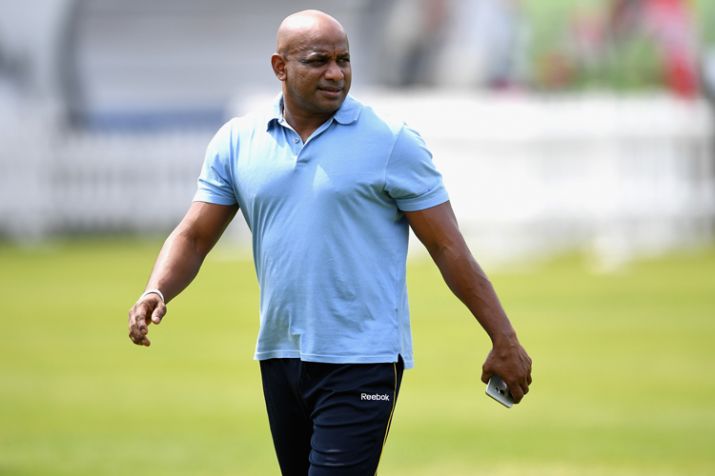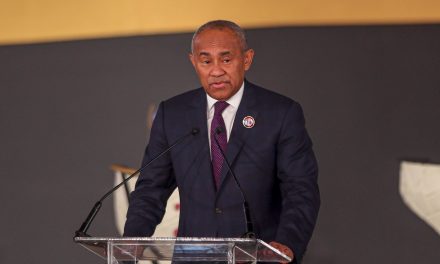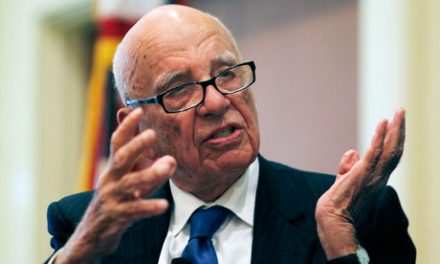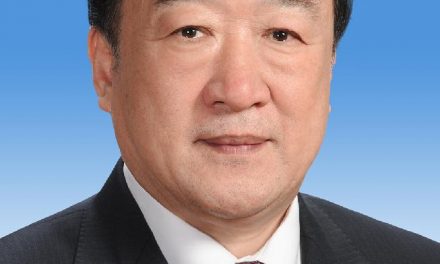12 May 2019
The International Cricket Council (ICC) has charged Sanath Jayasundara, a performance analyst with Sri Lanka Cricket, for corruption and handed him a provisional suspension for two counts of breaching the ICC Code of Conduct. Jayasundara has 14 days to respond to the charges. The analyst has been charged with “offering a bribe or other reward to the Sri Lankan Sports Minister to contrive in any way or otherwise influence improperly the result, progress, conduct or any other aspect of an International Match”.
Jayasundara has also been charged with “obstructing or delaying an ACU investigation into possible corrupt conduct under the ICC Anti-Corruption Code”.
Harin Fernando, Sri Lanka’s sports minister, told the local media in January that he was offered a bribe over WhatsApp to nominate a certain player to the national team. He refused the offer and reported the bribe offer to ACU. Last year, after a meeting with the ICC’s anti-corruption head Alex Marshall, the minister remarked that Sri Lanka was the most corrupt nation in cricket sport.
Earlier this year ICC announced a 15-day amnesty in Sri Lanka for the players to report any corrupt incident. Normally a failure disclose corruption would result in a ban of up to five years.
Earlier this year ICC announced a 15-day amnesty in Sri Lanka for the players to report any corrupt incident. Normally a failure disclose corruption would result in a ban of up to five years.
Jayasundara, who has been associated with Sri Lanka cricket for more than 15 years, had served as the video analyst of the national team before joining the SLC ‘Brain Centre’.
The Brain Centre analyses video footage with a view to optimising player skills to the next level. The technology has helped to advance new methods and theories to take the player and the team to a higher level.
The Brain Centre analyses video footage with a view to optimising player skills to the next level. The technology has helped to advance new methods and theories to take the player and the team to a higher level.
Sri Lanka has set up a centre for excellence at Pallekelle in Kandy. This is an indoor facility primarily providing dormitory and physical training facilities including side wickets for night practice.
Centres of excellence will be set up in future in Dambulla, Galle and Colombo.Almost two years ago the ICC’s anti-corruption code was changed, giving the ACU the power to investigate players’ and administrators’ mobile phone records. A failure to consent to such investigation could lead to a ban of up to two years.
Irfan Ansari, a United Arab Emirates-based coach came to be the first person to be charged under the new code. He was accused of trying to corrupt the Pakistan captain Sarfaraz Ahmed during a series against Sri Lanka in October 2017 and was handed a 10-year ban. Later, former Sri Lanka captain Sanath Jayasuriya was banned for two years for failing to co-operate with, and obstructing, an investigation.
Former Sri Lankan internationals Nuwan Zoysa and Avishka Gunawardene were charged with match-fixing in the UAE’s T10 cricket league. Dilhara Lokuhettige, a former Sri Lanka all-rounder, was charged in April with similar offences. The Telegraph reported.
Centres of excellence will be set up in future in Dambulla, Galle and Colombo.Almost two years ago the ICC’s anti-corruption code was changed, giving the ACU the power to investigate players’ and administrators’ mobile phone records. A failure to consent to such investigation could lead to a ban of up to two years.
Irfan Ansari, a United Arab Emirates-based coach came to be the first person to be charged under the new code. He was accused of trying to corrupt the Pakistan captain Sarfaraz Ahmed during a series against Sri Lanka in October 2017 and was handed a 10-year ban. Later, former Sri Lanka captain Sanath Jayasuriya was banned for two years for failing to co-operate with, and obstructing, an investigation.
Former Sri Lankan internationals Nuwan Zoysa and Avishka Gunawardene were charged with match-fixing in the UAE’s T10 cricket league. Dilhara Lokuhettige, a former Sri Lanka all-rounder, was charged in April with similar offences. The Telegraph reported.















